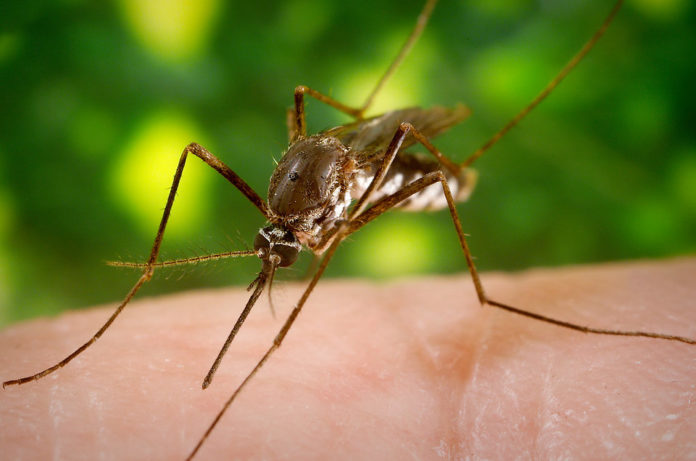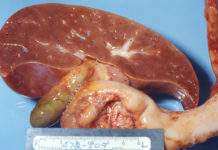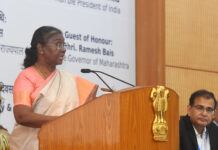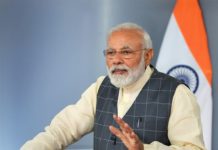
Union health ministry is launching a three day awareness campaign in Delhi against mosquito borne diseases such as malaria, dengue, chikungunya
As Monsoon finally seems to have reached Delhi, ministry of health and family welfare is putting the final touches to a special community sensitisation programme in Delhi to tackle vector-borne diseases like dengue malaria and chikungunya.
The three –day campaign – Jan Jagrukta Abhiyan – will start from 17th July, 2019. Speaking on the eve of this campaign, Dr Harsh Vardhan, Union Minister of Health and Family Welfare said that the campaign is aimed at making the community a partner for checking vector/mosquito breeding across Delhi. The three primary mosquito borne diseases that the ministry is hoping to target through this initiative are Malaria, Dengue and Chikungunya.
“It is going to be a ‘Peoples Movement’ from 17th to 19th July, 2019 in Delhi through active involvement of people’s representatives, officers from Government of India, Government of NCT Delhi, all three Delhi Municipal Corporations, New Delhi Municipal Council, Railways and Cantonment board and other stakeholders to combat malaria, dengue and chikungunya”, the Union Health Minister said.
Each ward team will comprise members from respective Ward Malaria circle, officers from all civic bodies, Government of NCTD, Central Government and field workers from Municipal Corporations
“With collective effort and active people’s participation, it is easy to ensure that before the monsoon we make our neighbourhoods and various premises free of mosquitoes”. This is probably the first time that three governments-national, state and local bodies- will converge in their efforts to mobilise the community for a public health activity,” he added.
Letters have been sent to the Chief Minister of Delhi, all Members of Parliament of Delhi and Mayors of all three Delhi Municipal Corporations for their active involvement in this campaign. “A total of 286 ward-wise teams (in all 272 Municipal wards and 14 locations of NDMC) have been constituted with 20-25 members per team including officers of the Municipal Corporation along with officers from Central Government and Government of NCTD,” said Dr Harsh Vardhan who is also a sitting MP from Delhi’s Chandni Chowk Lok Sabha constituency. The Union Health Minister added that the Northern Railways and Delhi Cantonment Board will also carry out the activities in campaign mode for prevention and control of VBDs in their areas.
Outlining the strategy, Dr Harsh Vardhan said that each ward team will comprise members from respective Ward Malaria circle, officers from all civic bodies, Government of NCTD, Central Government and field workers from Municipal Corporations. The concerned Malaria circle incharge will coordinate and the teams will visit residential areas, RWA, schools, hospitals, market associations, etc.
During the visit of the team to schools, the members will meet the Head of the Institution/Principal, teachers and staff including the nodal teacher and sensitise them towards keeping the school premises free of vectors. They will also address school children explaining methods for prevention of VBDs, demonstrate the larvae and adults of vector mosquito, distribute the handbills and other communication material and check the school premises, eliminate breeding habitat if any. Wherever needed, larvicide will be applied, the Union Minister said.
Dr Harsh Vardhan further elaborated that at the time of visit to the hospitals, the team will meet with the Medical Superintendent/Nodal Officer/Caretaker and sensitize them followed by health talk on prevention and control of VBDs. The team will also place IEC materials with messages on prevention and control of VBDs at strategic locations and interact with patients and accompanied person. The team shall also check the hospitals premises for breeding of vector mosquito, eliminate breeding habitat if any. Wherever needed, larvicide will be applied. Similarly, the teams will also meet the members of Resident Welfare Association and community and undertake the awareness activities with them, Dr Harsh Vardhan said.













